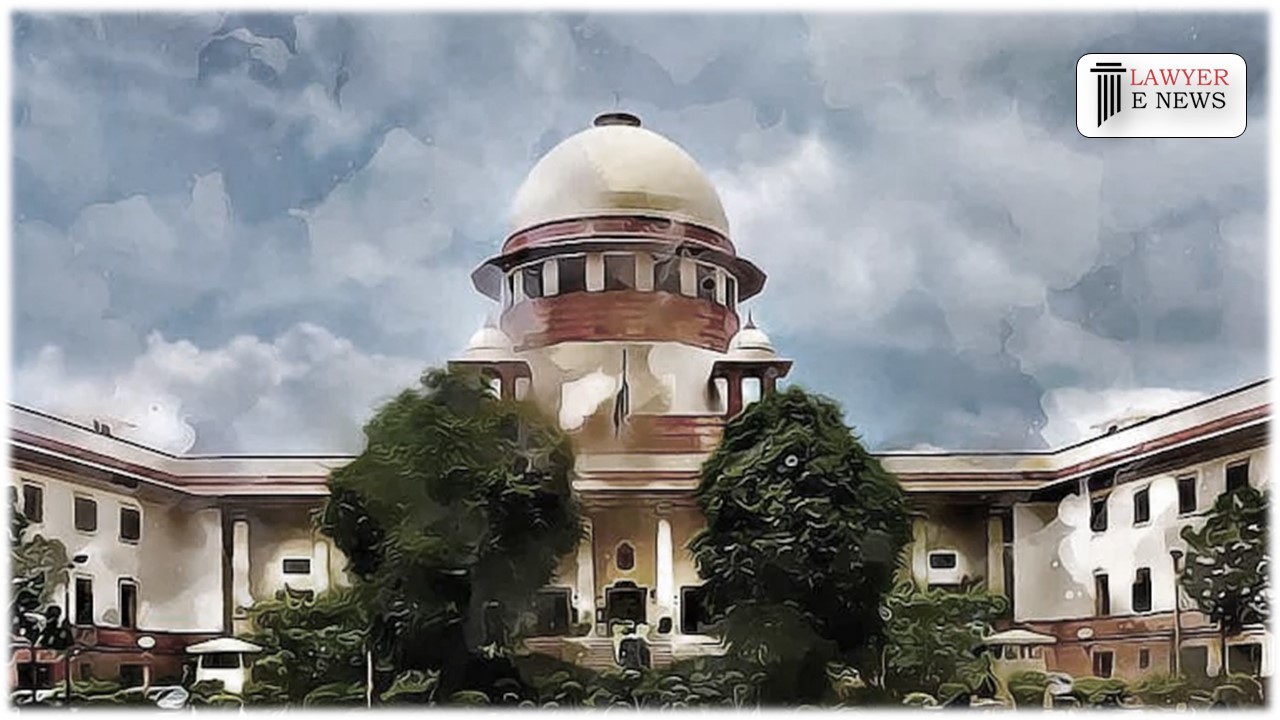-
by Admin
15 February 2026 2:16 AM



The Supreme Court, in a significant verdict on Monday, upheld the constitutionality of the rules requiring minimum qualifying marks in the viva voce for judicial appointments in Bihar and Gujarat. The Bench comprising Justice Hrishikesh Roy and Justice Prashant Kumar Mishra dismissed the challenges against these rules, stating, “Prescribing minimum qualifying marks is permissible and does not infringe upon the fundamental rights of the candidates.”
The petitions challenged the Bihar and Gujarat Judicial Service Rules, which set minimum qualifying marks for the viva voce in judicial recruitment. Petitioners argued that these rules violated their rights under Articles 14 and 16 of the Constitution. The Court was tasked with deciding if these requirements stood contrary to the principles laid down in the landmark ‘All India Judges Association’ case and the recommendations of the Shetty Commission, which aimed to ensure a fair and efficient recruitment process for judicial appointments.
The primary writ petition centered on the Bihar Judicial Service Examination for District Judges in 2015, governed by the Bihar Superior Judicial Service Rules, 1951. The case highlighted several revisions to the recruitment process over time, including adjustments in the required minimum scores for qualification in both the written and oral parts of the exams. Parallel challenges were presented regarding the Gujarat Judicial Service Examination for Civil Judges under the Gujarat State Judicial Service Rules, 2005, which had similar qualifying criteria.
The Court conducted a meticulous review of both the Bihar and Gujarat recruitment processes. It found the imposition of minimum marks to be a “legitimate and reasonable filtration mechanism” aimed at maintaining high standards and meritocracy in judicial appointments.
On Maintaining Standards: “The stipulation of minimum marks in the viva voce is intended to ascertain the suitability of candidates for judicial roles, ensuring only those with adequate legal acumen and potential are selected.”
On Alleged Discrimination: “The rules do not discriminate but rather level the playing field by setting a benchmark for all candidates, thereby upholding the principles of equality and fairness in public employment.”
On Efficiency and Meritocracy: “These thresholds are crucial for selecting candidates who not only excel in written examinations but also demonstrate aptitude in articulating legal principles orally, which is indispensable for a judicial officer.”
The Court dismissed the petitions after finding no substantial merit in the arguments against the prescribed rules, stating that the procedures followed were transparent and consistent with the legal requirements and past precedents.
Decision The judgment concluded with the Court upholding the rules concerning minimum qualifying marks for viva voce in judicial appointments in the states of Bihar and Gujarat. It also recommended that both states consider procedural enhancements to ensure even greater transparency and fairness in future recruitment exercises.
Date of Decision: May 6, 2024
Abhimeet Sinha & Ors. V. High Court of Judicature at Patna & Ors.
